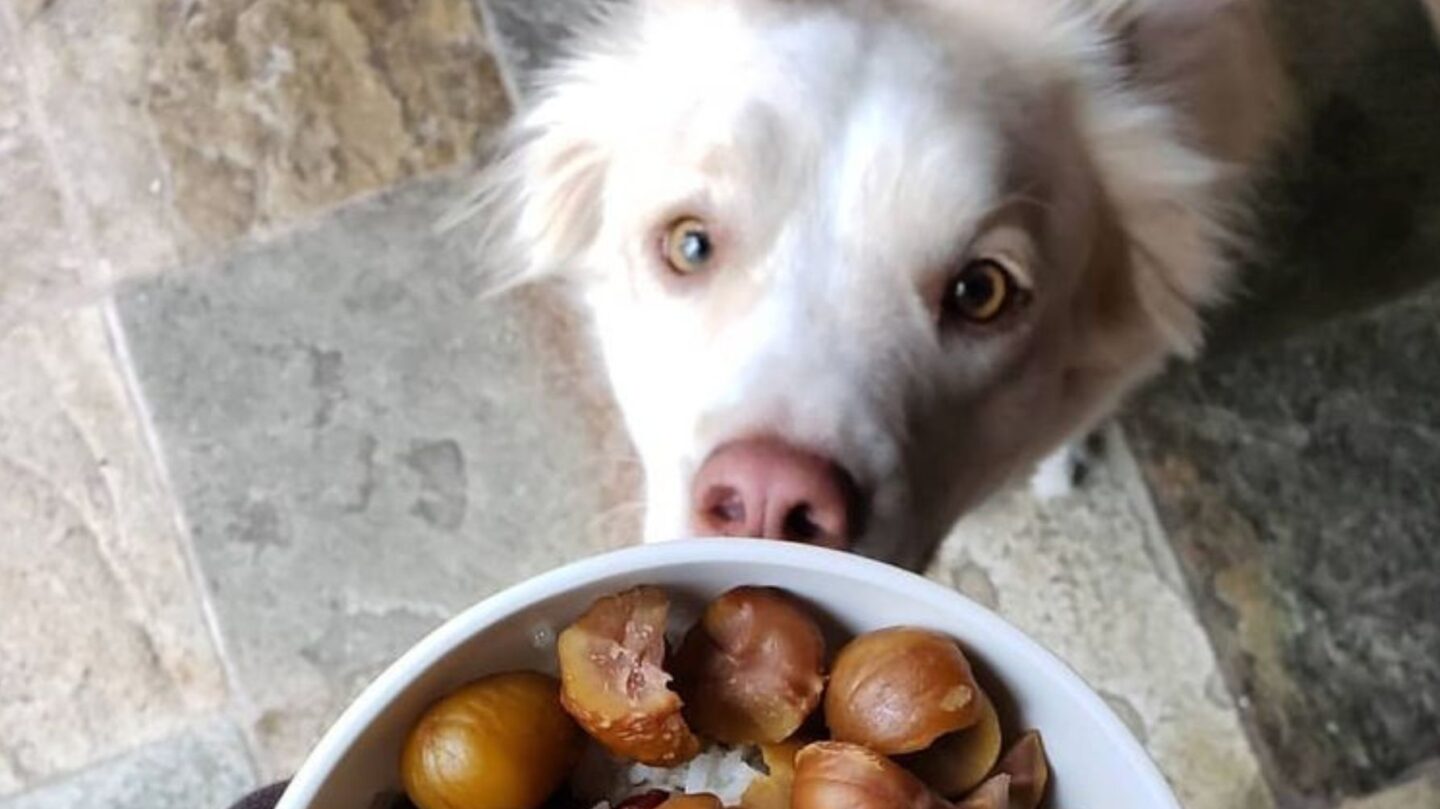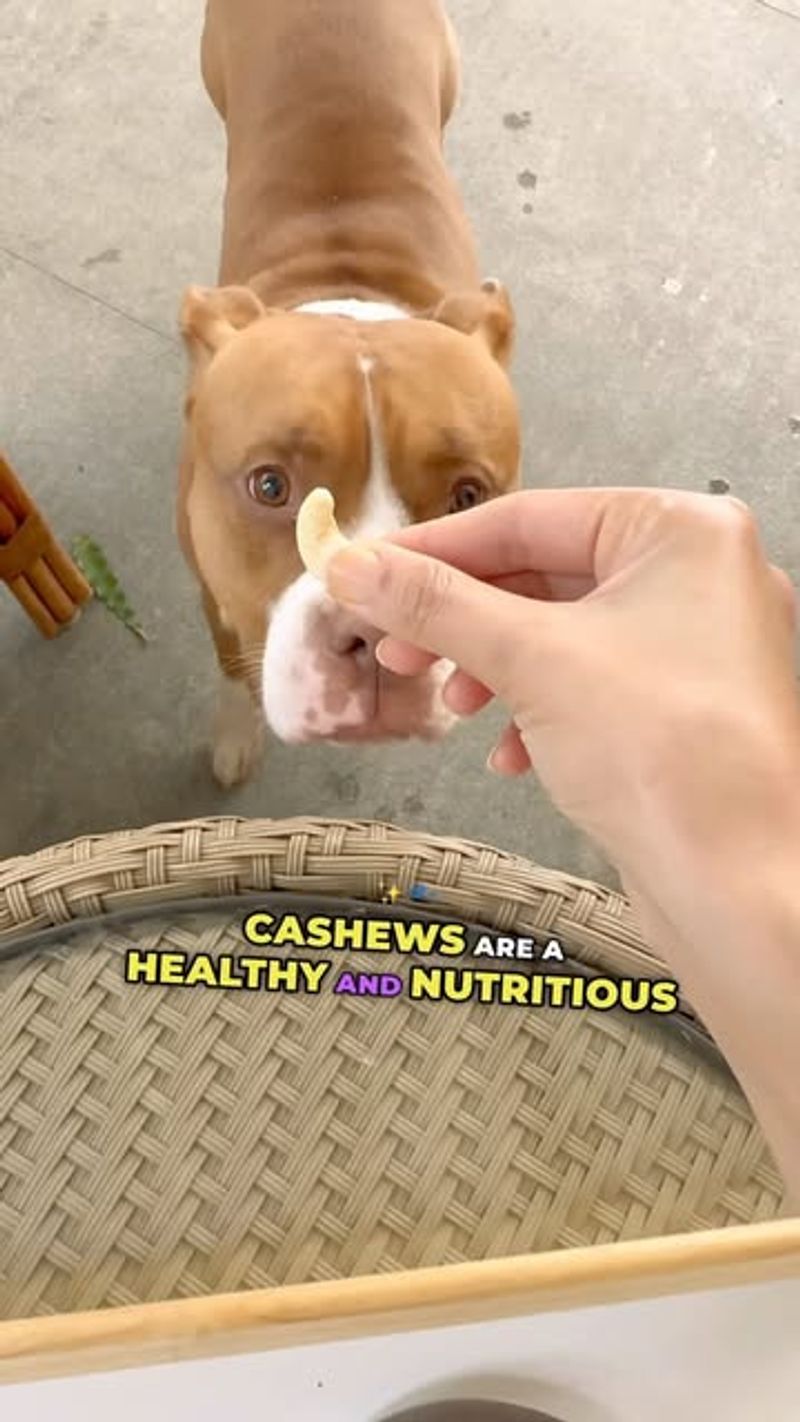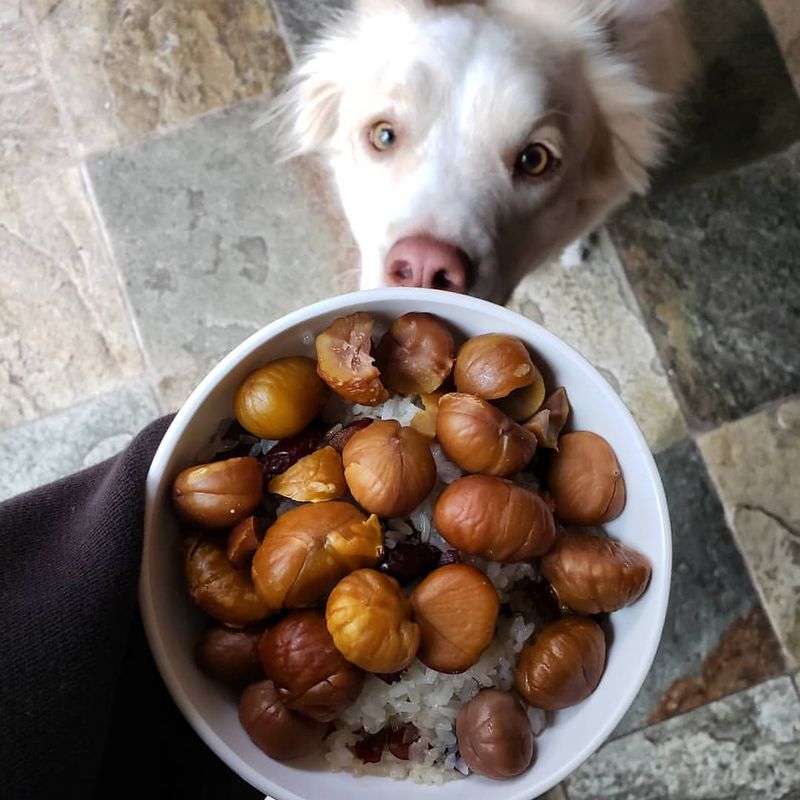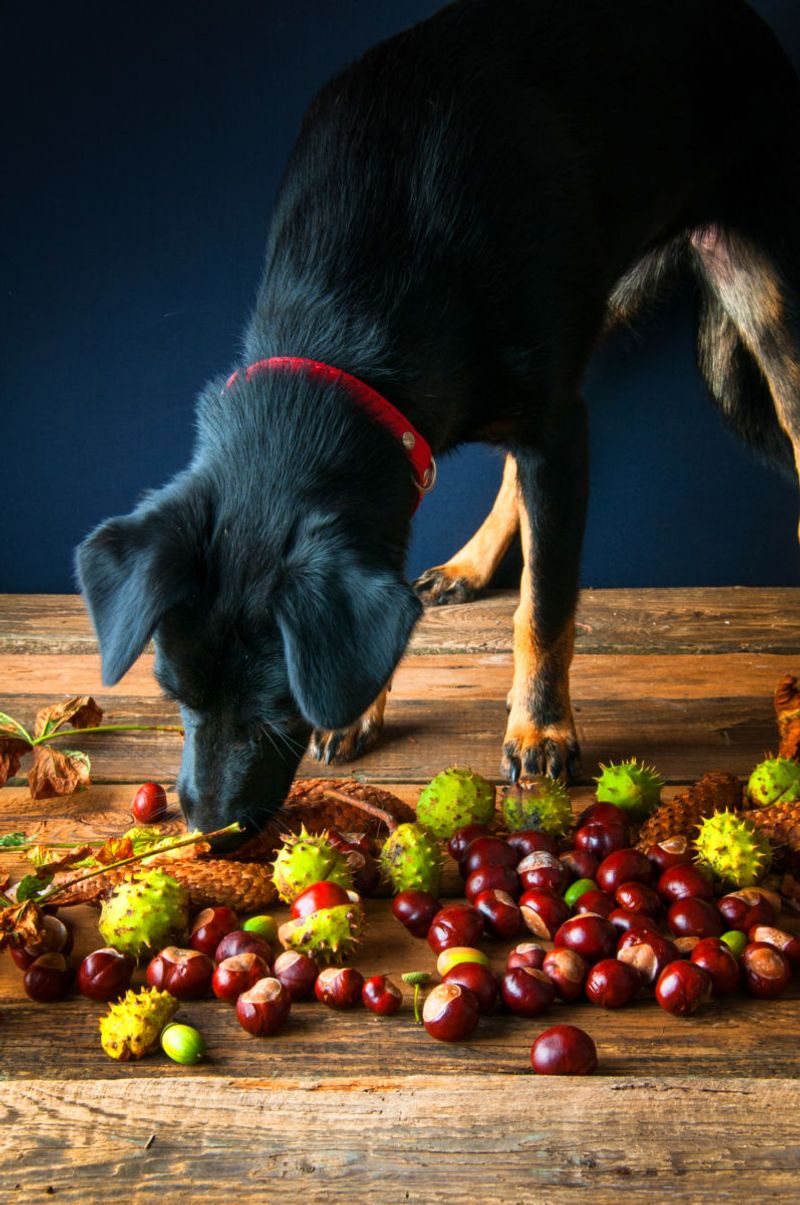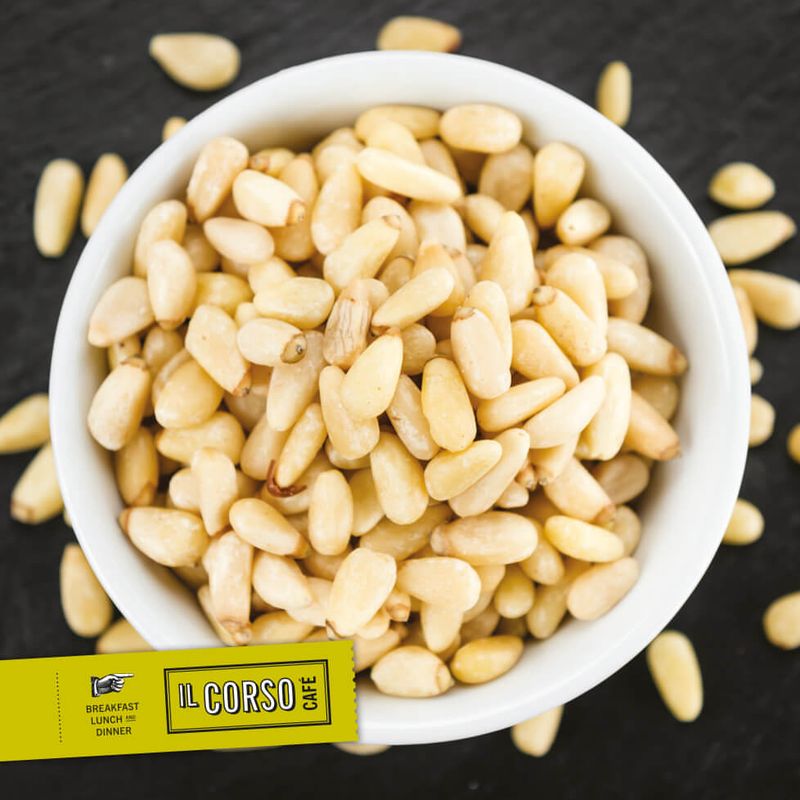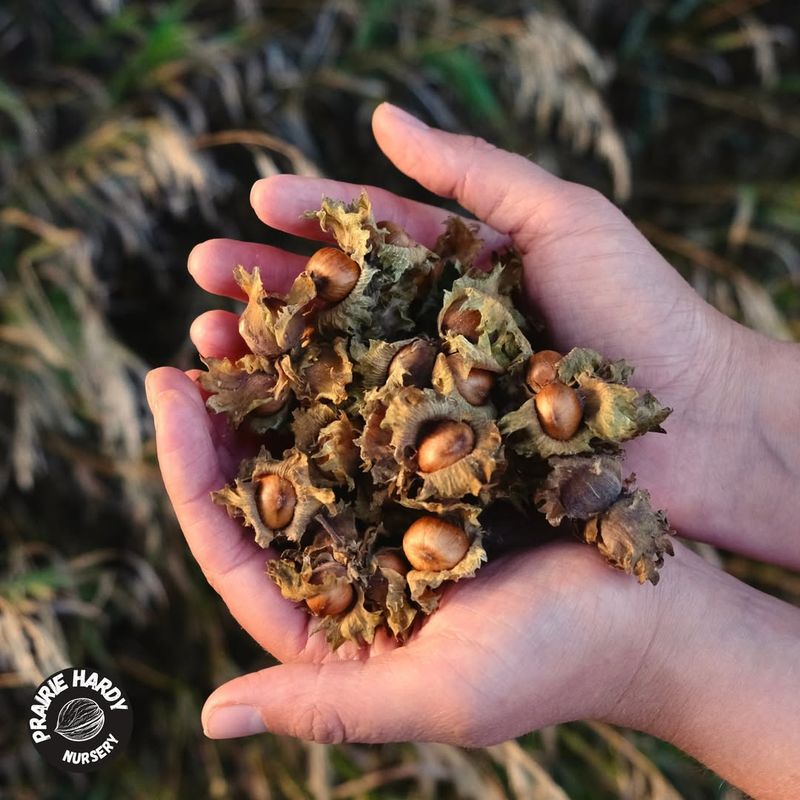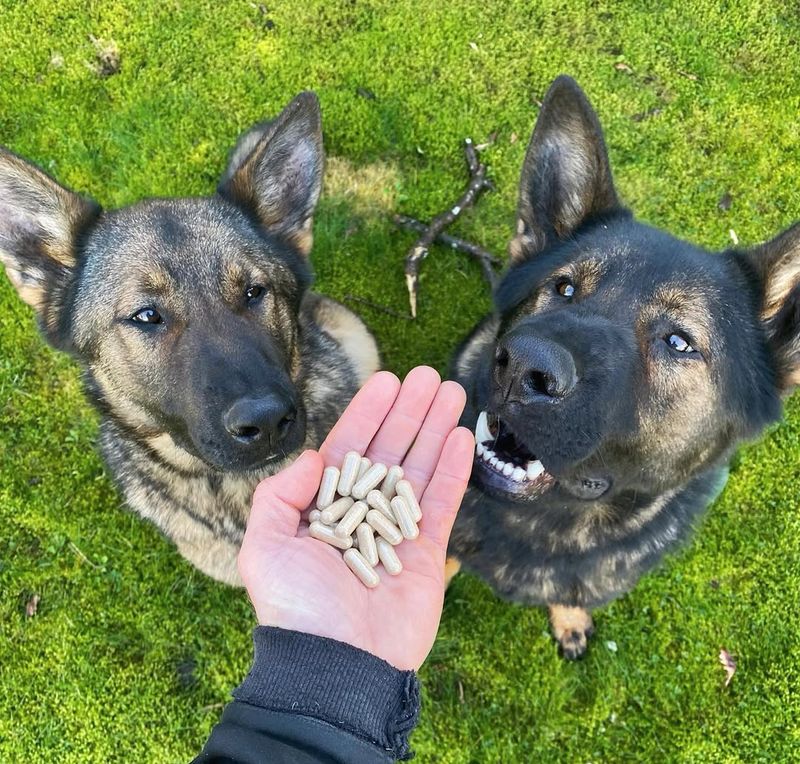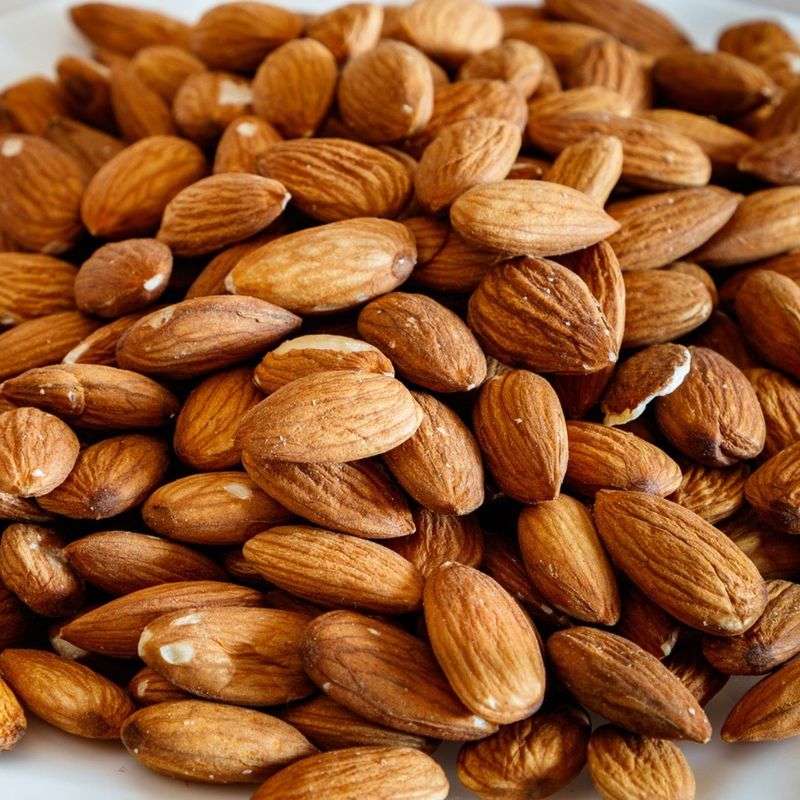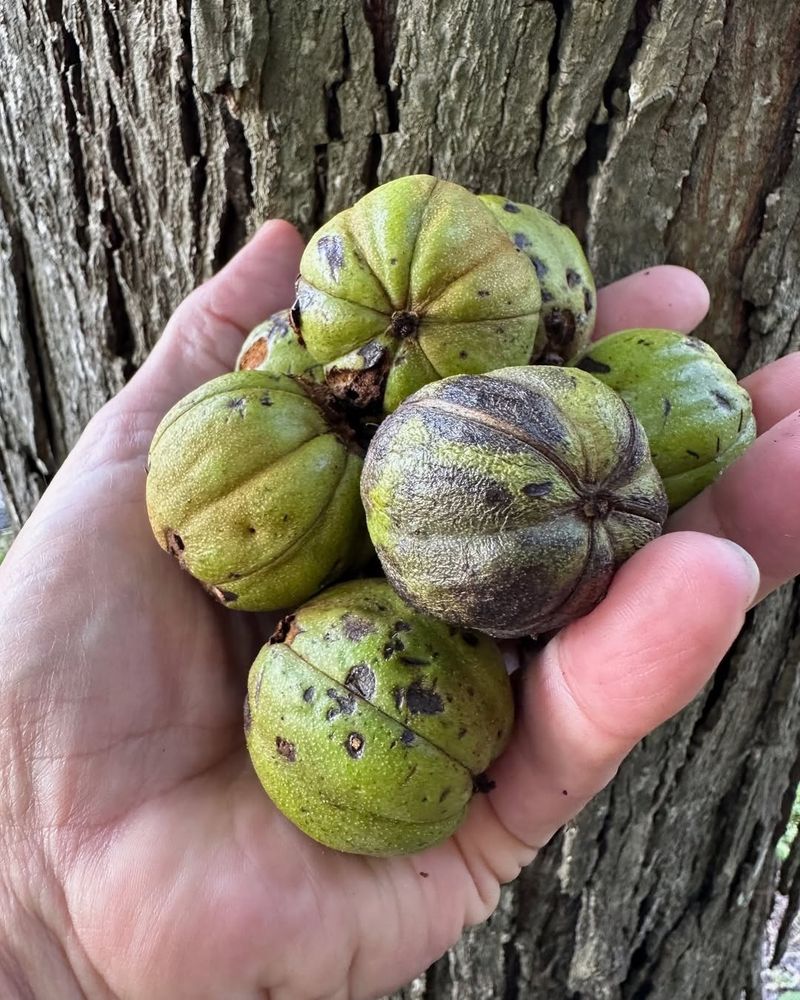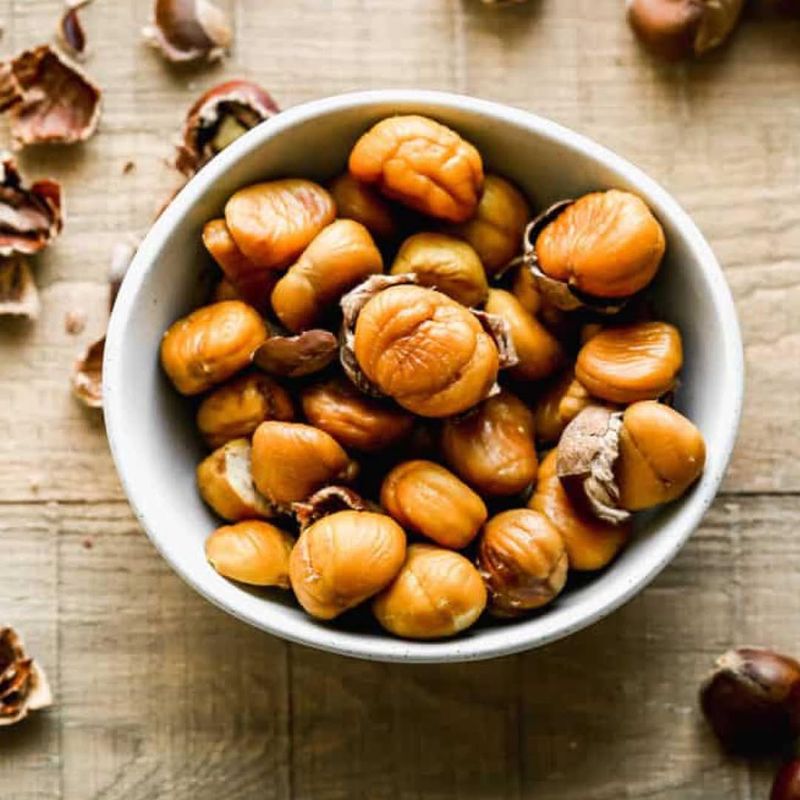Discovering what nuts are safe for dogs can help pet owners make informed decisions about their furry friend’s diet. While some nuts can be a healthy treat, others might pose a risk. Here’s a look at which nuts are safe and which should be avoided.
Peanuts
Peanuts are a popular snack for humans, but they’re also safe for dogs to enjoy in moderation. Opt for unsalted and dry-roasted peanuts, as added salt and oil can be harmful. Introduce them gradually to your dog’s diet, ensuring they don’t exhibit any allergic reactions.
Peanuts are rich in protein and healthy fats, supporting your dog’s overall health. Always serve peanuts in small amounts to prevent any digestive issues. They’re a delightful occasional treat that can easily be shared during snack time. Just remember to avoid peanut shells, as they can pose a choking hazard.
Cashews
Cashews, in their plain form, are another nut safe for canine consumption. They should be served raw or roasted without any added salts or flavors. Cashews can be a tasty treat, but moderation is key to prevent weight gain.
These nuts contain essential nutrients like magnesium and calcium, which aid in maintaining healthy bones and teeth. Serve cashews as an occasional reward. Always supervise your dog while eating to ensure they chew the nuts properly. This helps prevent choking and ensures your dog enjoys the treat safely.
Almonds
While almonds are not toxic to dogs, they should be given sparingly. Raw, unsalted almonds are best, as flavored varieties can contain harmful ingredients. Always monitor your dog when trying almonds for the first time to check for any adverse reactions.
Almonds are high in vitamin E, beneficial for your dog’s skin and coat. They also offer a satisfying crunch that many dogs enjoy. However, due to their size, it’s wise to cut them into smaller pieces to avoid choking hazards. Serve almonds as an occasional treat, not a regular snack.
Pistachios
Pistachios can be a safe treat for dogs when given in moderation. Ensure they are unshelled and unsalted to avoid any digestive issues. Pistachios are rich in nutrients like potassium and vitamin B6, supporting your dog’s overall health.
Offer pistachios in small quantities and observe your dog for any unusual reactions. The fun green color and mild flavor make them a novel treat for many dogs. Always supervise your pet while they enjoy this snack to ensure they chew thoroughly and enjoy it safely.
Hazelnuts
Hazelnuts are not toxic to dogs, but care should be taken when feeding them. Always choose plain, unsalted hazelnuts and introduce them gradually to your dog’s diet. These nuts can be a good source of fiber and healthy fats.
Hazelnuts should be given in small amounts to prevent any gastrointestinal upset. They have a rich, nutty flavor that some dogs might find appealing. However, due to their size and shape, always supervise your dog while eating to avoid choking risks. Treat hazelnuts as a special snack rather than a staple in your dog’s diet.
Acorns
While acorns are generally not recommended in large quantities, they can be safe for dogs in very limited amounts. The key is removing the outer shell, which can be tough and indigestible. Make sure they are clean and free of any mold.
Acorns contain tannins, which can cause stomach upset in larger amounts. To safely offer acorns to your dog, ensure only small, occasional servings. Watch for any discomfort or allergic reactions.
Providing acorns should be more about satisfying curiosity rather than nutrition. Encourage your dog to see them as a novelty rather than a staple in their diet.
Pine Nuts
Pine nuts might sound unusual, but they are safe for dogs in moderation. These tiny seeds are packed with protein and offer a good source of essential fatty acids, promoting a shiny coat and healthy skin.
Their buttery texture and taste are appealing to dogs, making them an excellent occasional treat. Pine nuts also contain magnesium, which supports bone health and energy production in dogs.
Remember to offer only a small amount due to their high calorie content. Avoid feeding salted or flavored pine nuts, as those can be detrimental to canine health.
Beechnuts
Beechnuts are another option for dogs, though they should only be given in small amounts. Ensure they are ripe and shelled, as the shells and unripe nuts can be toxic to dogs. A small handful occasionally can be a fun snack.
These nuts are small and easy for dogs to chew, but always supervise your pet when introducing something new to their diet. Their mild flavor can be a hit with some dogs.
Experimenting with beechnuts can add seasonal excitement to your dog’s diet. Just remember to keep portions tiny and infrequent to prevent any health issues.
Ginkgo Nuts
Ginkgo nuts, when prepared correctly, can be a safe treat for dogs in very small amounts. Always ensure the nuts are shelled and cooked, as raw ginkgo nuts contain toxins harmful to dogs. Introduce them cautiously to your pet’s diet.
These unique nuts have a distinct flavor that might intrigue your dog. Offering cooked ginkgo nuts occasionally can provide a novel experience. However, moderation is key, as excessive consumption can lead to toxicity.
Including ginkgo nuts as an occasional treat can diversify your dog’s snack options. Always prioritize safety by preparing them properly and limiting the amount.
Macadamia Nuts
Macadamia nuts can be extremely toxic to dogs. Just a small amount can lead to symptoms such as muscle tremors, weakness, and vomiting. The exact mechanism of toxicity isn’t fully understood, but the effects are well-documented. If your dog consumes macadamia nuts, you might notice them showing signs of discomfort or distress. Dogs may struggle with coordination and experience an increased heart rate. It’s advisable to contact your veterinarian immediately if ingestion occurs. To keep your dog safe, store macadamia nuts securely and out of reach, and educate family members about the risks.
Walnuts
Walnuts, especially when moldy, pose a serious threat to dogs. The mold on walnuts can produce mycotoxins, leading to seizures or neurological issues. Regular ingestion of walnuts can cause gastrointestinal distress or obstructions due to their size and hardness. Dogs might exhibit symptoms such as lethargy, loss of appetite, or vomiting after walnut consumption. Always ensure that walnuts are kept away from your pet’s reach. In case of accidental ingestion, monitoring your dog closely for any signs of distress is crucial. Consult your veterinarian for advice if your dog consumes walnuts.
Pecans
Pecans contain a toxin called juglone, which can be harmful to dogs. Additionally, pecans can harbor molds that produce tremorgenic mycotoxins, potentially causing seizures or other neurological problems. Beyond toxins, their high-fat content can lead to pancreatitis in dogs. Symptoms of pecan ingestion might include vomiting, diarrhea, or abdominal pain. Dogs consuming pecans should be observed for any signs of discomfort. To prevent accidental ingestion, ensure that pecans are stored safely and out of reach. If your dog eats pecans, a quick call to your veterinarian is recommended.
Brazil Nuts
Brazil nuts, known for their large size and creamy texture, are not suitable for dogs. These nuts are high in fat, which can lead to pancreatitis if consumed in large quantities. Dogs have a different metabolism than humans, making fatty foods like Brazil nuts a potential health hazard.
Moreover, the high phosphorus content in Brazil nuts can contribute to the development of bladder stones. Even a small amount can cause digestive upset or more severe health issues over time. It’s best to keep these out of your dog’s reach and opt for safer treats.
Bitter Almonds
Bitter almonds, not to be confused with the sweet almonds we often snack on, contain cyanide compounds. Even a small amount can pose a risk to our canine friends, as their bodies are not equipped to detoxify these harmful elements effectively.
Dogs who ingest bitter almonds may exhibit symptoms such as vomiting, diarrhea, and lethargy. It’s crucial to keep these out of reach, especially when raw or unprocessed.
If you suspect your dog has consumed bitter almonds, seeking immediate veterinary attention is advisable. Prevention is key; ensure nuts are stored securely away from curious paws.
Hickory Nuts
Hickory nuts can cause severe gastrointestinal upset in dogs, leading to symptoms like vomiting and diarrhea. They also contain juglone, a compound that can be toxic to dogs in large amounts.
Beyond immediate digestive issues, the high-fat content in hickory nuts can contribute to pancreatitis if consumed frequently. This serious condition can significantly affect a dog’s quality of life.
Pet owners should avoid offering hickory nuts to their dogs and be vigilant about any signs of nut ingestion.
Chestnuts
Chestnuts, though lower in fat than many other nuts, can still present problems for dogs. Ingesting large amounts can lead to digestive upset, including symptoms like bloating and diarrhea.
Moreover, the hard outer shell of chestnuts can be difficult for dogs to chew and digest, increasing the risk of choking and intestinal blockages.
As with all nuts, it’s best to keep chestnuts out of reach of pets and ensure they have access to safer, more suitable snacks.
